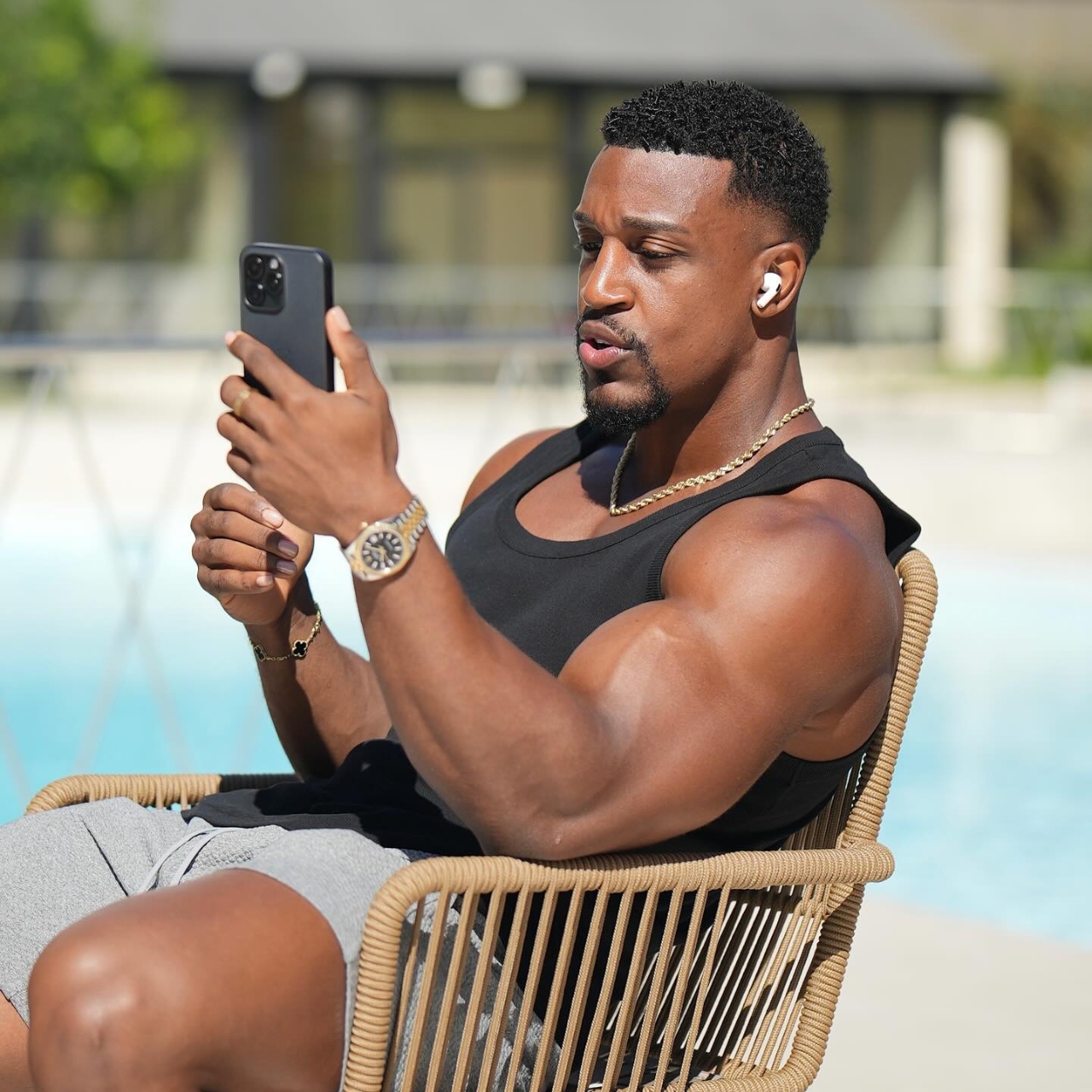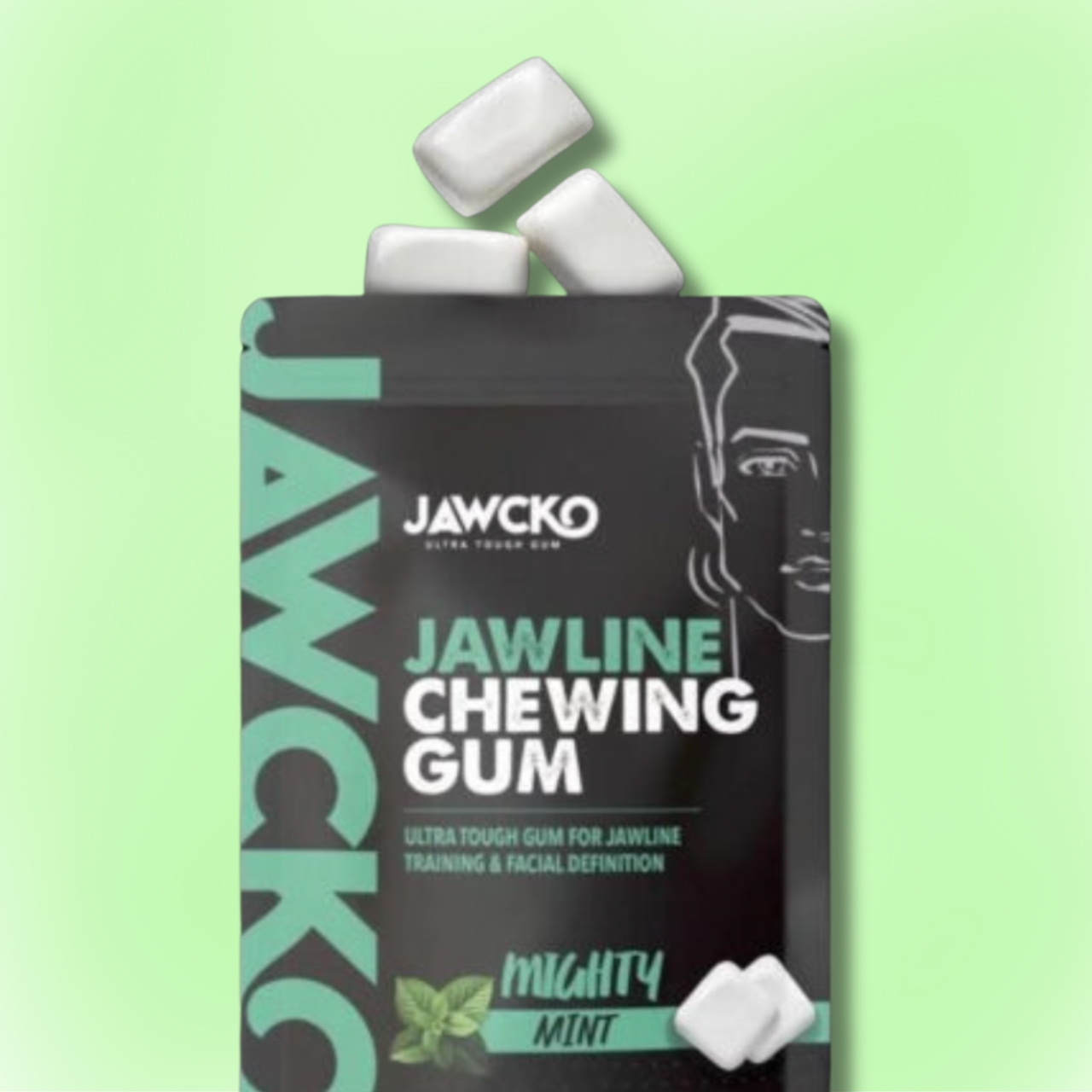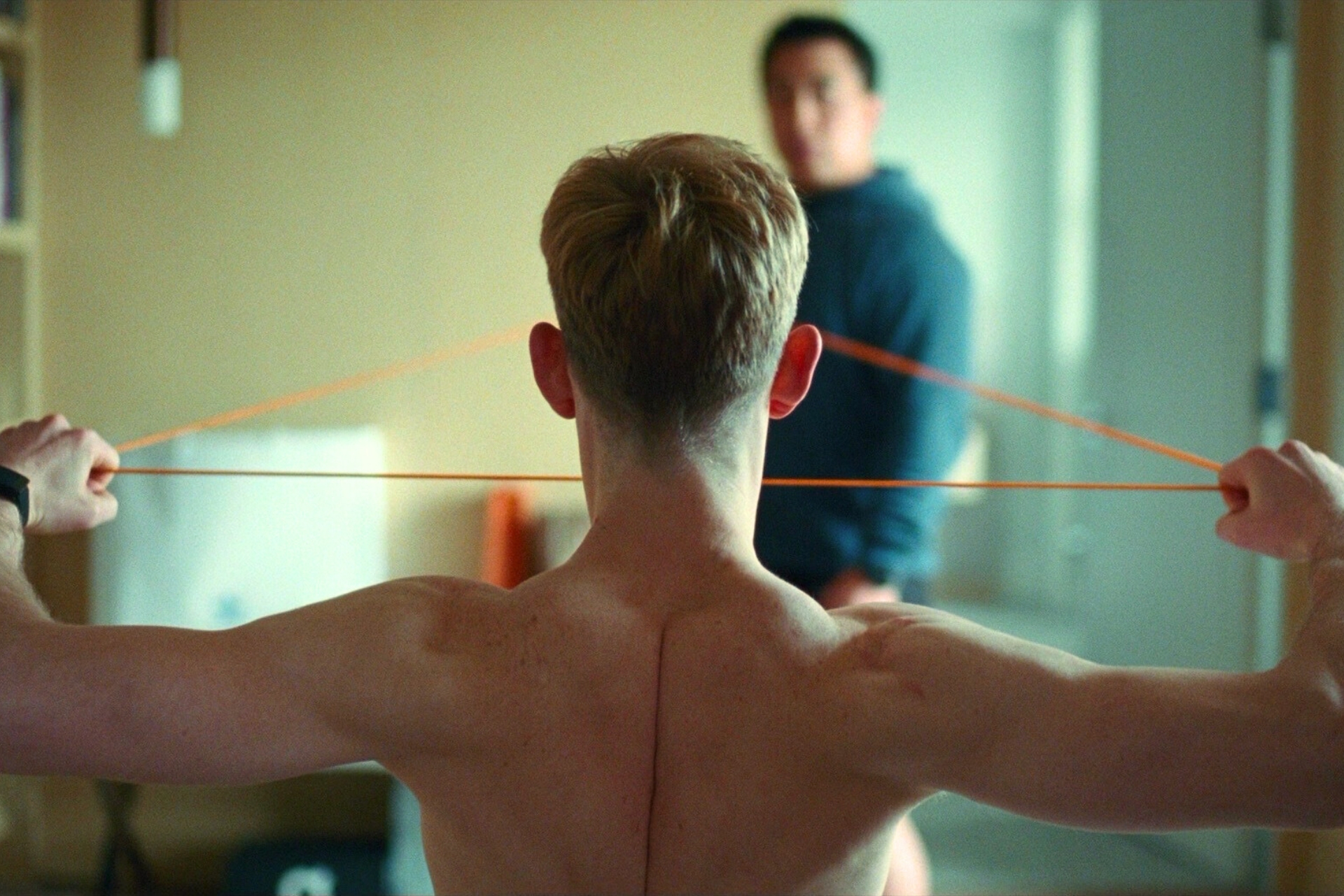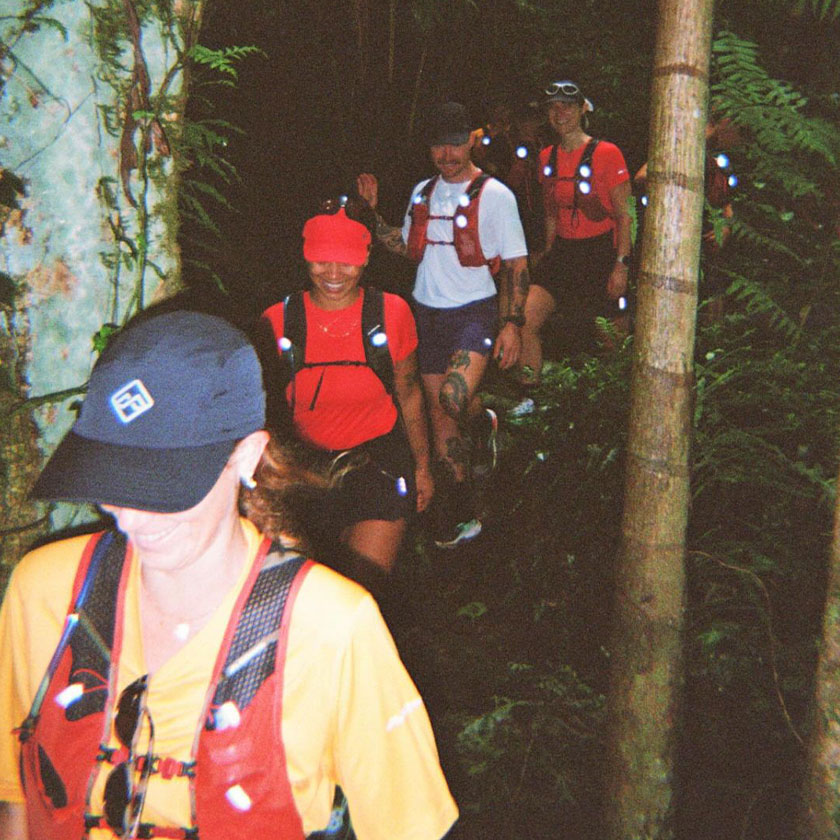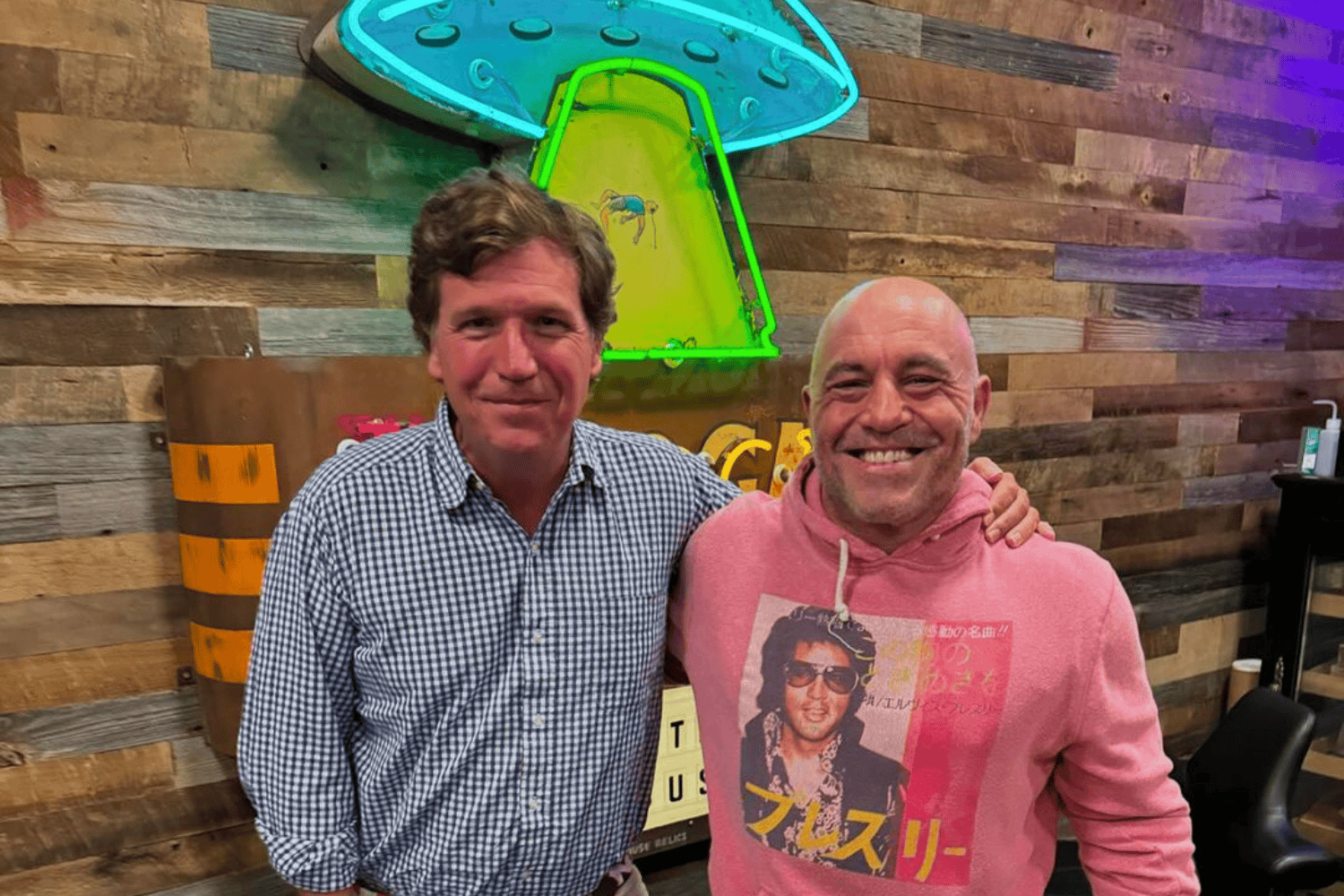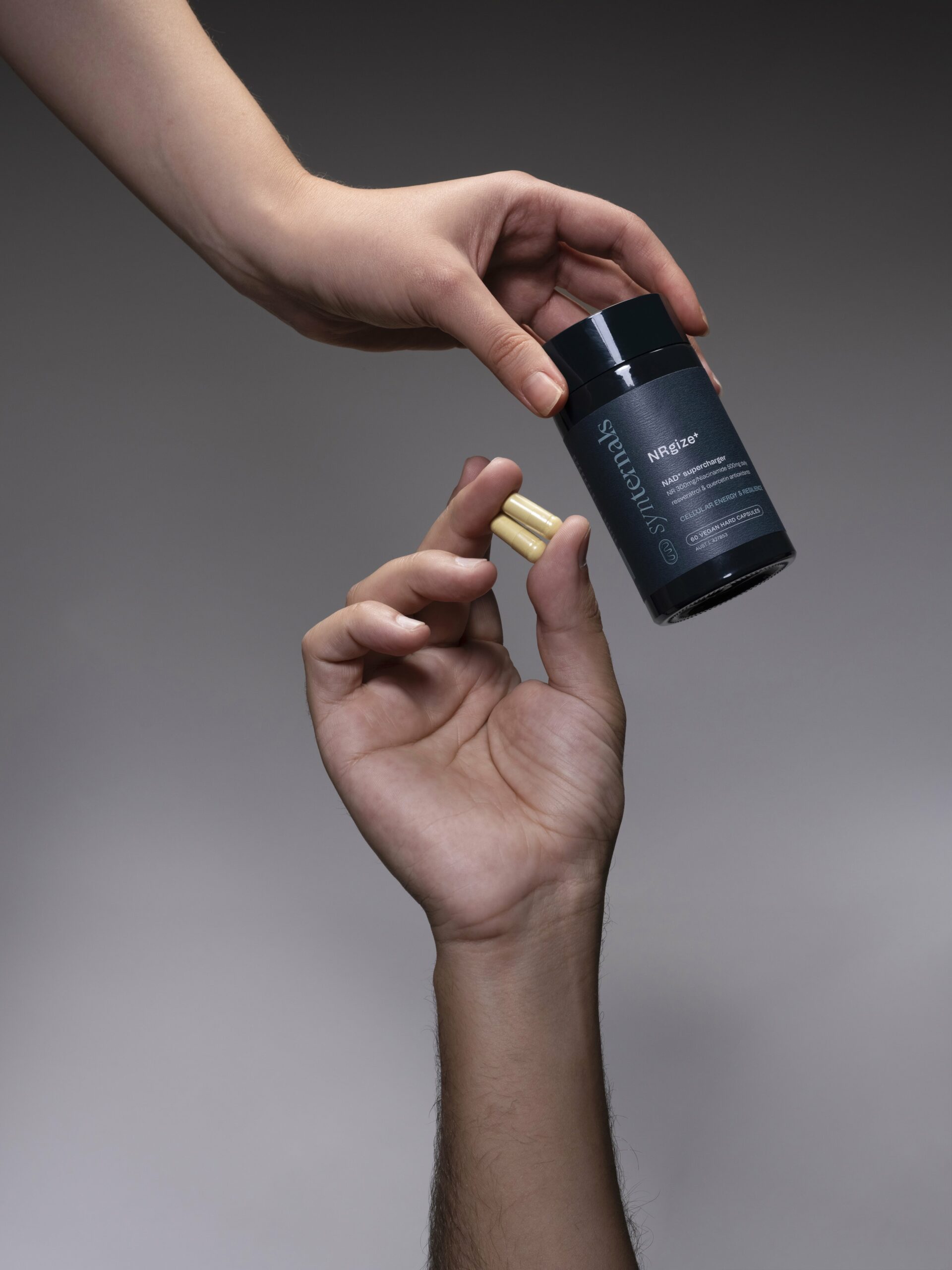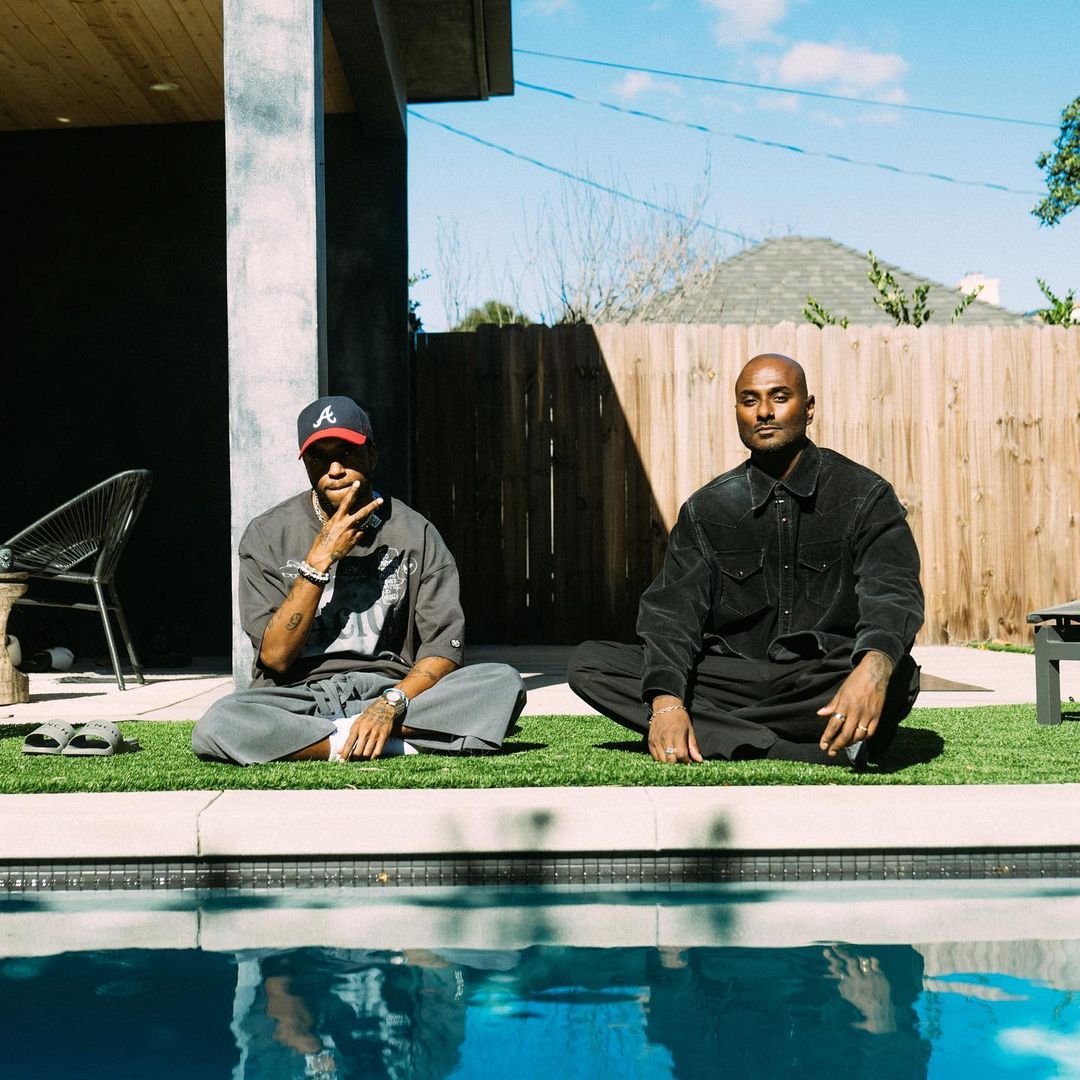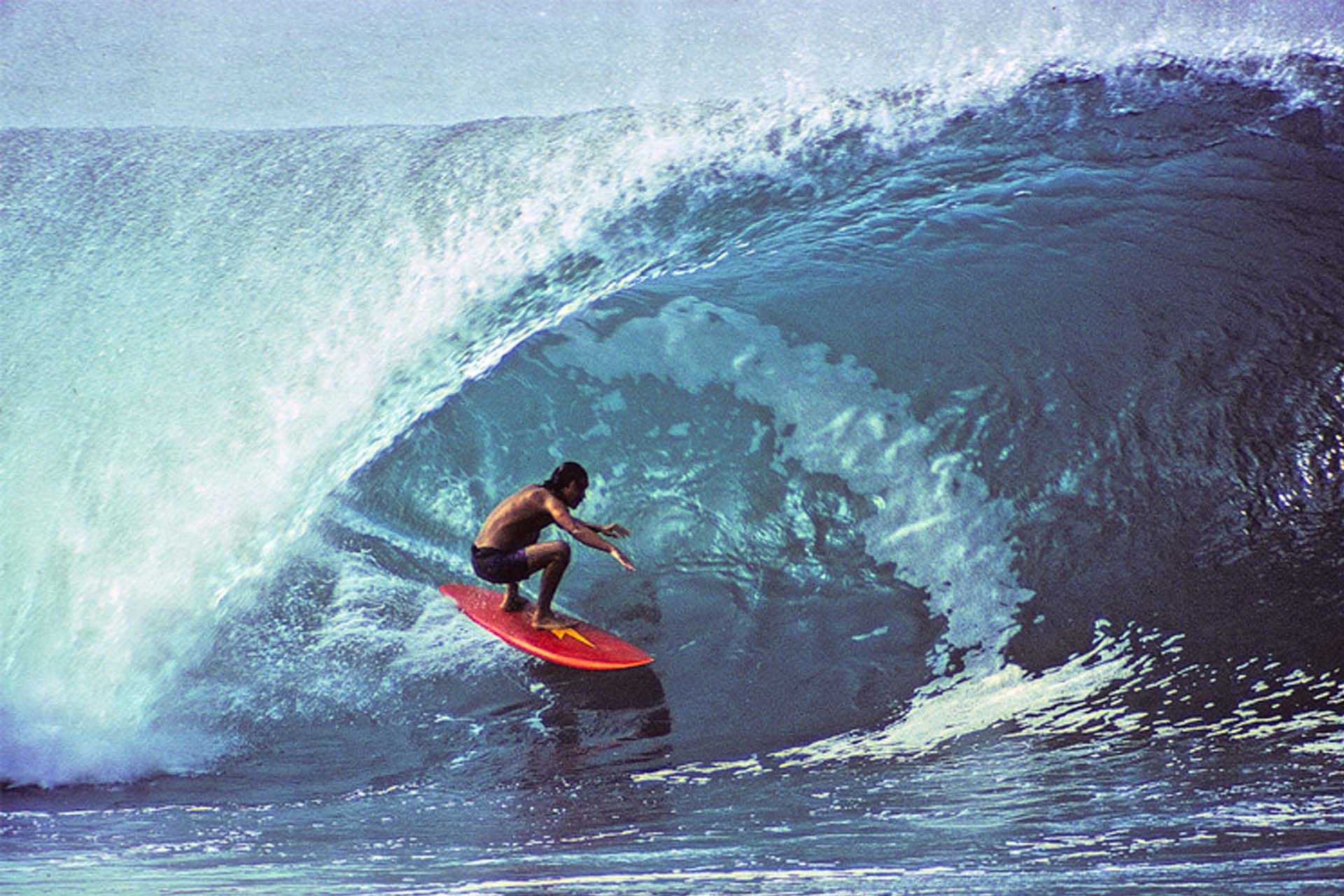Hangxiety is a thing: Here’s why you might feel anxious during a hangover
The hangover that follows a night of drinking is never a pleasant experience, but for as many as 12 per cent of people, the issue can be made worse by anxiety. Here’s what you need to know about ‘hangxiety’ and why it affects some people and not others.
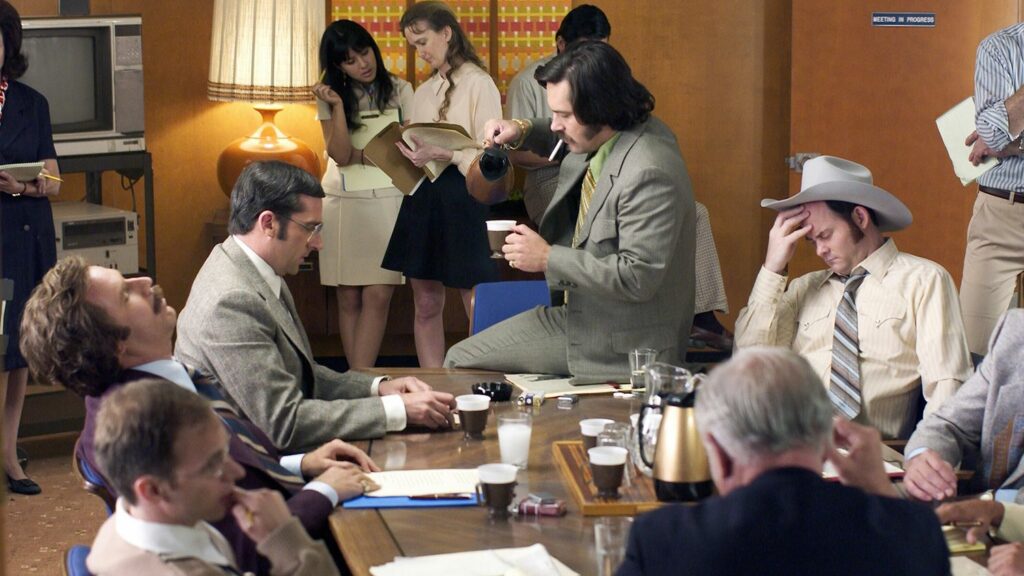
A BAD hangover is enough to make you swear off drinking entirely. From the pounding headache and waves of queasiness that seem to crash into the body on the hour, it’s enough to make you forget all about the fun that preceded it. Any trace of enjoyment and celebration from the night before is erased with the swiftness of downing a Berocca and two Panadol. But for some, the struggles of a hangover are made all the worse by ‘hangxiety’, a condition that refers to feelings of anxiety during a hangover. It’s estimated that it affects around 12 per cent of people who—aside from the obvious hangover ailments—also experience an elevated heart-rate, feelings of panic or dread, and heightened feelings of shame.
Though the physical symptoms of a hangover are common knowledge, hangxiety seems to exist on the peripheries. Given that the psychological symptoms some experience during a hangover can prove crippling, it’s important to understand you’re not alone. Though not everyone will experience hangxiety, it is a relatively common symptom and there are strategies that can help prevent it. Here’s what you need to know.
What causes hangxiety?
Classed as a depressant, alcohol changes the chemical balance in our brains, impacting the way we think, feel and how we make decisions. Though alcohol serves to increase our inhibitory neurotransmitters and the release of dopamine, leading many to feel relaxed after a drink or two, the brain is then forced to correct itself the next morning. It’s this over-correction that can lead to feelings of anxiety.
Who is most affected by hangxiety?
Though not everyone will experience hangxiety during a hangover, it is a relatively common phenomenon. Researchers note that for those who are prone to anxiety, they’ll likely be most affected. It might make sense to blow off some steam or quell the nerves with a drink or two, but if alcohol is being used to mask or help with anxiety, those feelings will come back full force the next day. This was evident in a 2019 study published in the Personality and Individual Differences journal, which found those who were highly shy experienced decreased anxiety when drinking. The next day however, they had to grapple with elevated anxiety.
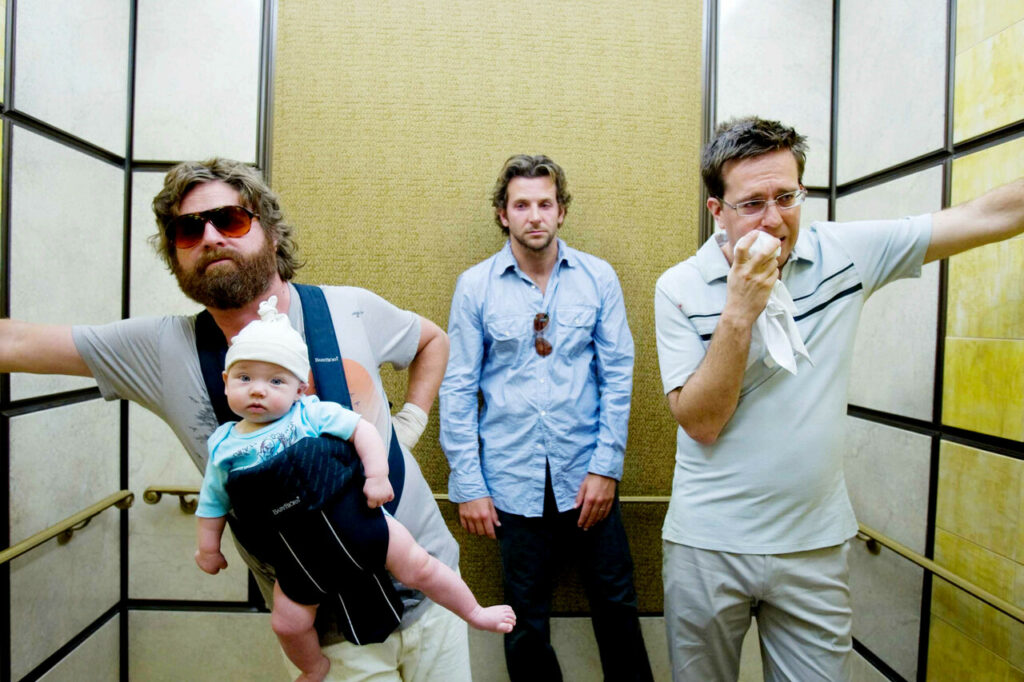
How do you get rid of hangxiety?
When it comes to managing hangxiety in the moment, it often helps to first target the physical symptoms of the hangover itself. If you’re dealing with a headache and sickness, you’ll want to make sure you’re drinking plenty of fluids to rehydrate. Rest is also important during this time, particularly as anxiety will often disrupt your sleeping patterns. If needed, painkillers (like paracetamol) or an antacid can be taken to help with feelings of queasiness or stomach upset. Eating complex carbs is also recommended by the Cleveland Clinic to help increase blood sugar and reduce nausea.
For the feelings of anxiety, exercises like deep breathing and mindful meditation can help you to relax and reduce feelings of dread, worry or panic. If the anxiety proves crippling, you can also talk to a medical professional or online support group.
Researchers stress the importance not to treat hangxiety with a hair of the dog by drinking in the morning. As David Nutt, professor of neuropsychopharmacology at Imperial College, London, explained in an interview, “Never treat hangxiety with a hair of the dog. When people start drinking in the mornings to get over their hangxiety, then they’re in the cycle of dependence. It’s a very slippery slope.”
How do you prevent hangxiety?
Just like the hangover itself, you want to prevent it from starting in the first place. While the best advice would be to avoid drinking entirely, for those who do choose to drink, it’s recommended not to have more than 14 units a week. Ideally, you want to spread this over three or more days, and include several drink-free days in a week. Most importantly, avoid binge drinking.
Understandably, here in Australia we’re a nation that enjoys a drink. But in recent years, we’ve seen a shift in the cultural landscape with the rose of tee-total and sober-curious living, which is being reflected in beverages themselves. Now, you can find a number of non-alcoholic beverages at your local pub or brewery as more people look to unwind and socialise without alcohol.
If you or someone you know is struggling with anxiety, help is available. Contact Lifeline on 13 11 14 for 24 hour support, or Beyond Blue on 1300 22 4636.
Related:
The gentleman’s guide to appropriate drinking
Are you “triggered” or just angry? How to decode therapy-speak













